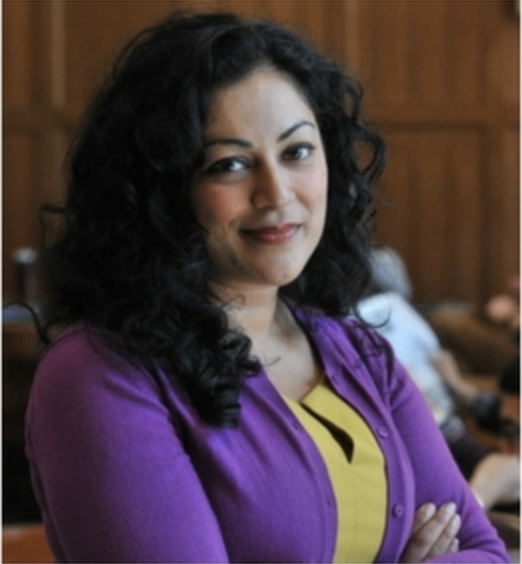Aggregated News

To converse with Shobita Parthasarathy is to be enveloped in two kinds of warmth: that of a generous-spirited, energetic, and passionate human, and that of a mind on fire with knowledge and ideas. It’s that combination, I suspect, that drives her commitment to publicly engaged scholarship. In fact, I have to confess that Parthasarathy is the only academic I can think of who talks about scholarship (as she often does) in a way that doesn’t put my teeth on edge. For what allows her to engage effectively in public problems is a commitment to deep understanding of the specifics and the intricacies of dilemmas at the intersection of technological change, politics, and human well-being.
A professor of public policy and women’s studies at the University of Michigan, she also cohosts The Received Wisdom, a podcast on science, technology, and society, and provides expert advice to civil-society groups, legislators, and advisory committees. Of course she also writes scholarly books and articles and is a phenomenally creative and assiduous researcher, but you can learn more about all that here. What...



